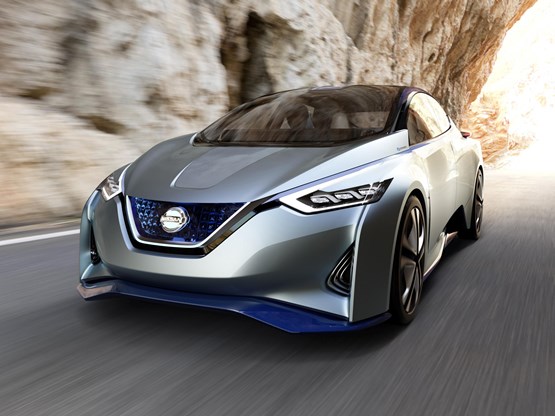 Renault and Nissan are to launch more than 10 vehicles with autonomous drive technology in the next four years.
Renault and Nissan are to launch more than 10 vehicles with autonomous drive technology in the next four years.
In addition, Renault-Nissan will launch a suite of new connectivity applications that will make it easier for people to stay connected to work, entertainment and social networks.
“Renault-Nissan Alliance is deeply committed to the twin goals of ‘zero emissions and zero fatalities,’” Renault-Nissan Alliance chairman and CEO Carlos Ghosn said at the Renault-Nissan Silicon Valley Research Center.
“That’s why we are developing autonomous driving and connectivity for mass-market, mainstream vehicles on three continents.”
Autonomous drive is expected to help further reduce driver error, which is responsible for up to 90 percent of all fatalities.
2016 will mark the debut of vehicles with “single-lane control,” a feature that allows cars to drive autonomously on highways, including in heavy, stop-and-go traffic.
In 2018, Renault-Nissan will launch vehicles with “multiple-lane control,” which can autonomously negotiate hazards and change lanes during highway driving.
2020 will see the launch of “intersection autonomy,” which can navigate city intersections and heavy urban traffic without driver intervention.
Later this year the Alliance will launch a new automotive app for mobile devices, which allows remote interaction with your car.
Next year, it will launch the first “Alliance Multimedia System,” providing new multimedia and navigation features, as well as improved smartphone integration and wireless map updates. In 2018, the Alliance Connectivity & Internet of Things platform will support the new Virtual Personal Assistant feature for individual and business customers.
In 2014, Renault-Nissan “converged” both companies’ engineering organizations. Engineers at Renault and Nissan work together as one team to reduce duplication in the development of next-generation technologies. The technology Renault and Nissan engineers develop together is then available for each company and all brands to use where it makes sense for consumers.
Product teams from Renault, Nissan, Infiniti and other Alliance brands may select those applications for their models, where appropriate. By partnering on advanced research and development, Renault and Nissan are able to work more efficiently, with less cost, and thereby deliver higher value vehicles to their customers.















Login to comment
Comments
No comments have been made yet.